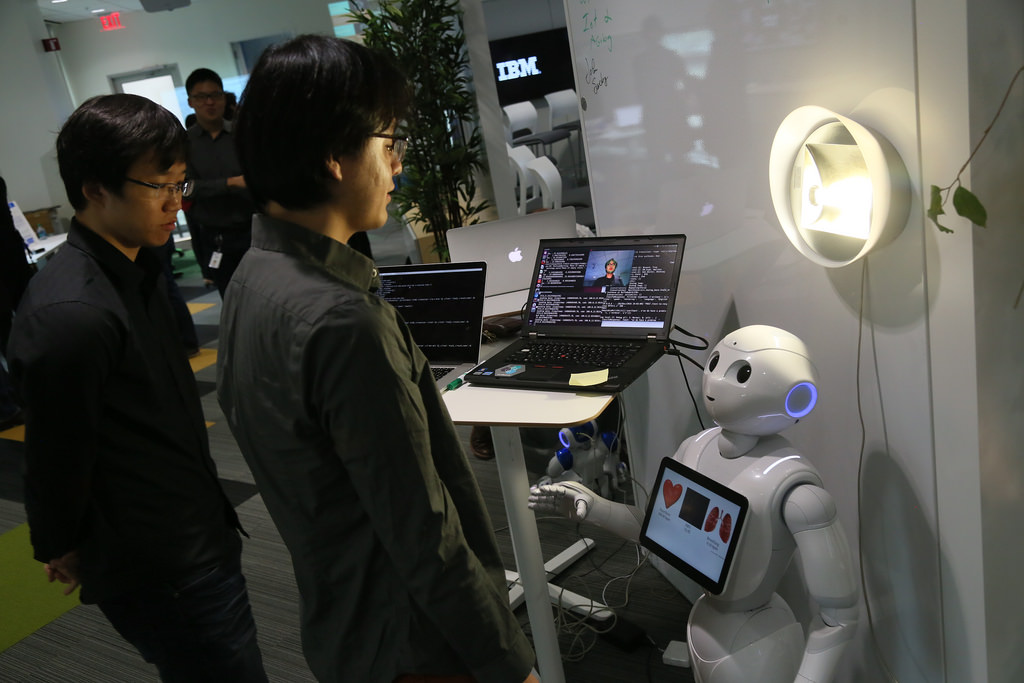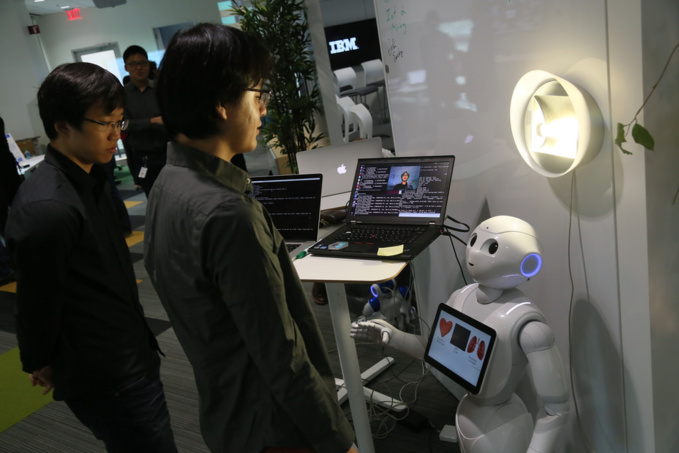PwC analyzed the potential for implementing AI until 2030 in eight regions and eight sectors (health, transport, financial services, transportation and logistics, communications and entertainment, retail, energy, production), highlighting some 300 promising applications of AI. Although GDP will grow mainly due to increased productivity (55% growth) in the short term, the consumer sector (58% of growth by 2030) will come first in the future. Industry and transport will be first to benefit from the increase in productivity, since many of their processes are easily amenable to automation. As for improving the quality of goods and services, the healthcare and financial services sectors hold the greatest potential.
"Bonuses" from the introduction of AI will be given to all regions of the world, the largest increase in GDP is expected in China (26.1%, or $ 7 trillion) and in North America (14.5%, $ 3.7 trillion). The United States, which today expresses the greatest willingness to introduce new technologies, will become a leader in this field in the coming years. However, by the mid-2020s, China will catch up with the US in terms of productivity due to the export of AI technologies, PwC believes. Stimulated by technology, GDP growth in China will not be so rapid, but higher than in Europe and America. The share of reinvestment in the economy’s structure will contribute to the growth of AI-capacity. In general, although sectors and companies in some markets can be called more advanced, the general development of AI technologies is currently in its infancy, which gives developing economies a chance to overtake the developed countries, the study’s authors state.
Analysts say that, despite positive forecasts, the introduction of artificial intelligence into production is associated with greater risks. An expert at Yale University on Bioethics, Wendell Wallach, said: "We need to find ways to cope with any negative social consequences that may occur, for example, technological unemployment. We have a moral obligation to ensure that the technologies we are introducing serve humanity as a whole, and not just its small segment of people".
source: qz.com
"Bonuses" from the introduction of AI will be given to all regions of the world, the largest increase in GDP is expected in China (26.1%, or $ 7 trillion) and in North America (14.5%, $ 3.7 trillion). The United States, which today expresses the greatest willingness to introduce new technologies, will become a leader in this field in the coming years. However, by the mid-2020s, China will catch up with the US in terms of productivity due to the export of AI technologies, PwC believes. Stimulated by technology, GDP growth in China will not be so rapid, but higher than in Europe and America. The share of reinvestment in the economy’s structure will contribute to the growth of AI-capacity. In general, although sectors and companies in some markets can be called more advanced, the general development of AI technologies is currently in its infancy, which gives developing economies a chance to overtake the developed countries, the study’s authors state.
Analysts say that, despite positive forecasts, the introduction of artificial intelligence into production is associated with greater risks. An expert at Yale University on Bioethics, Wendell Wallach, said: "We need to find ways to cope with any negative social consequences that may occur, for example, technological unemployment. We have a moral obligation to ensure that the technologies we are introducing serve humanity as a whole, and not just its small segment of people".
source: qz.com



















